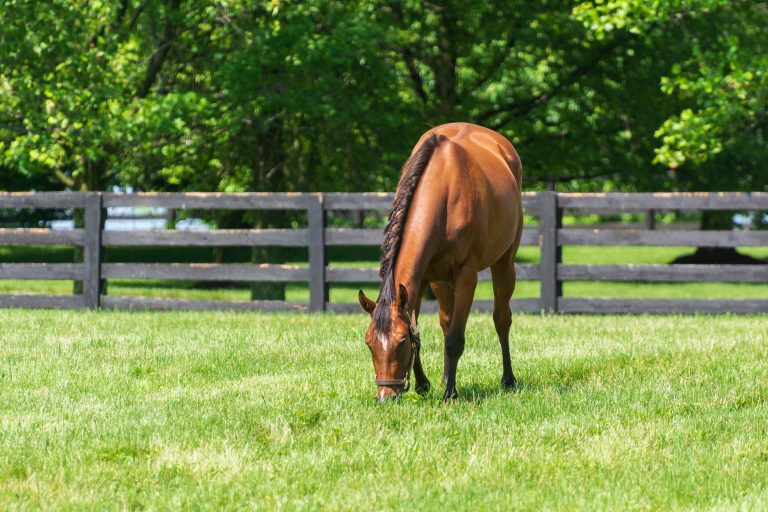When it comes to bonding with older horses, patience and understanding are key. These majestic creatures, with their rich histories and unique personalities, can provide profound companionship and joy. Whether you’re a seasoned equestrian or a newcomer to the world of horses, forming a bond with an older horse is a rewarding journey.
Older horses, much like humans, have their quirks and preferences. They may have faced various challenges throughout their lives, and understanding these experiences can help in fostering a deeper connection. In this guide, we will explore the nuances of building a strong bond with senior horses, offering tips and insights that can enhance your relationship with these wise and gentle animals.

Understanding Older Horses
The Importance of Patience
Patience is crucial when working with older horses. They may not be as spry as their younger counterparts, but their wisdom and experience make them invaluable companions. Taking the time to understand their needs and limitations is essential.
Recognizing Their Past
Each horse has a story. By recognizing their past experiences, you can better cater to their current needs. Whether they’ve been show horses or beloved pets, their history shapes their behavior and responses.
Building Trust with Senior Horses
Consistent Routine
Maintaining a consistent routine helps older horses feel secure. Regular feeding times, grooming sessions, and exercise routines can significantly impact their comfort and trust in you.
Gentle Communication
Older horses respond well to gentle communication. Using soft tones and positive body language can help convey your intentions and build a trusting relationship.
Health and Nutrition for Older Horses
Dietary Needs
As horses age, their dietary needs change. Providing a balanced diet tailored to their age and health conditions is crucial. For more information on caring for senior horse health, visit this guide.
Hydration Importance
Hydration is vital for older horses, especially during warmer months. Ensuring they have access to clean and fresh water is paramount. For tips on keeping your senior horse hydrated, consider reading these insights.
Exercise and Activity
Appropriate Exercise Routines
While older horses may not need intense exercise, regular physical activity is essential for their well-being. Gentle walks and light workouts can help maintain their health. Learn more about exercise needs at this resource.
Stretching for Flexibility
Incorporating stretching routines can aid in maintaining flexibility. Regular stretching helps in preventing stiffness and supports overall mobility. Discover stretching routines suitable for senior horses at this article.
Creating a Comfortable Environment
Pasture Management
Providing a safe and comfortable pasture is crucial. Ensuring the area is free of hazards and has ample shade can significantly enhance their quality of life. Explore pasture management tips at this link.
Choosing the Right Bedding
The right bedding can make a world of difference in an older horse’s comfort. Soft, absorbent materials can help in preventing sores and discomfort. For recommendations on horse bedding, visit this guide.
Emotional Well-being
Companionship
Horses are social animals. Providing companionship, whether through other horses or human interaction, is essential for their emotional health.
Engaging Activities
Engaging older horses in activities they enjoy can boost their spirits. Whether it’s a leisurely trail ride or simple ground exercises, keeping them mentally stimulated is key.
Common Challenges and Solutions
Health Issues
Older horses are prone to certain health issues. Regular veterinary check-ups and addressing health concerns promptly can improve their quality of life.
Behavioral Changes
Changes in behavior can be a sign of discomfort or health issues. Observing and understanding these changes can help in addressing underlying problems effectively.
Conclusion
Bonding with older horses is a journey of love, patience, and understanding. By recognizing their unique needs and providing a nurturing environment, you can create a deep and lasting connection with your equine companion.

FAQs
How can I help my older horse feel more comfortable?
Ensuring a comfortable environment, appropriate diet, and regular veterinary care can enhance your older horse’s comfort.
What are common health concerns for senior horses?
Common concerns include arthritis, dental issues, and weight management. Regular check-ups can help in managing these effectively.
How often should I exercise my older horse?
Regular, gentle exercise is beneficial. Adjust the routine based on your horse’s health and abilities.
This article contains affiliate links. We may earn a commission at no extra cost to you.
